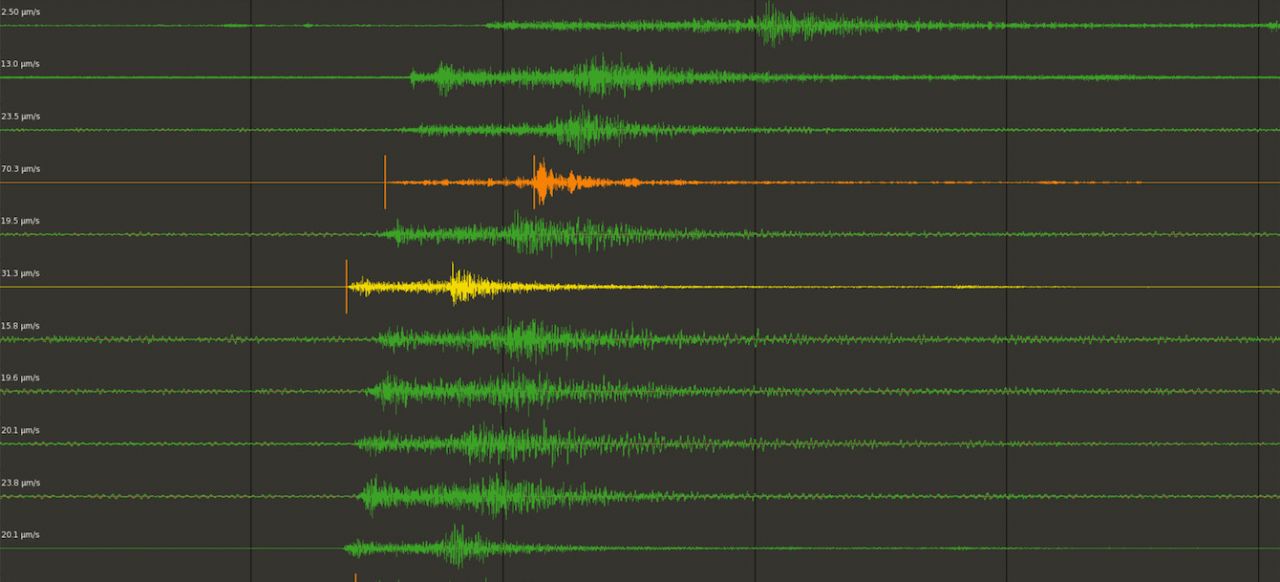
Associate Professor Mark Quigley
Associate Professor in active tectonics and geomorphology, School of Geography, Earth and Atmospheric Sciences, Faculty of Science, University of Melbourne
See research profile
Sciences & Technology
Q&A
Q&A: 4 things you need to know about Victoria’s earthquake
It’s the largest onshore earthquake in Victoria in recorded history and it rocked Australia’s east coast – but where did it come from? And why now?

Sciences & Technology
When Central Australia slipped and trembled
The 2016 magnitude 6.0 earthquake in the Petermann Ranges gives researchers key insights into how some faults may break in Australia to produce larger earthquakes

Sciences & Technology
Podcasts
Innovation during crisis
Mark Quigley, Associate Professor in Earth Sciences discusses how the impacts of the 2010-2012 Canterbury earthquakes have many parallels to the current COVID-19 crisis – both inspired innovative responses

Sciences & Technology
The dual risks of natural disasters and COVID-19
How would people and systems cope if a major earthquake or cyclone occurs while the COVID-19 pandemic continues? The answer is – preparation is key

Sciences & Technology
Podcasts
Earthquakes: The lessons learned
Earthquake expert Associate Professor Mark Quigley on preparing for and recovering from earthquakes

Sciences & Technology
Go Figure
Sinkholes: What on earth’s happening?
Have no fear. It might seem as if the earth is opening up everywhere around us, but it’s down to a mix of factors, from geology to human behaviour.
